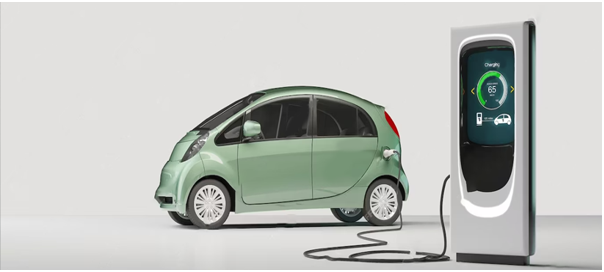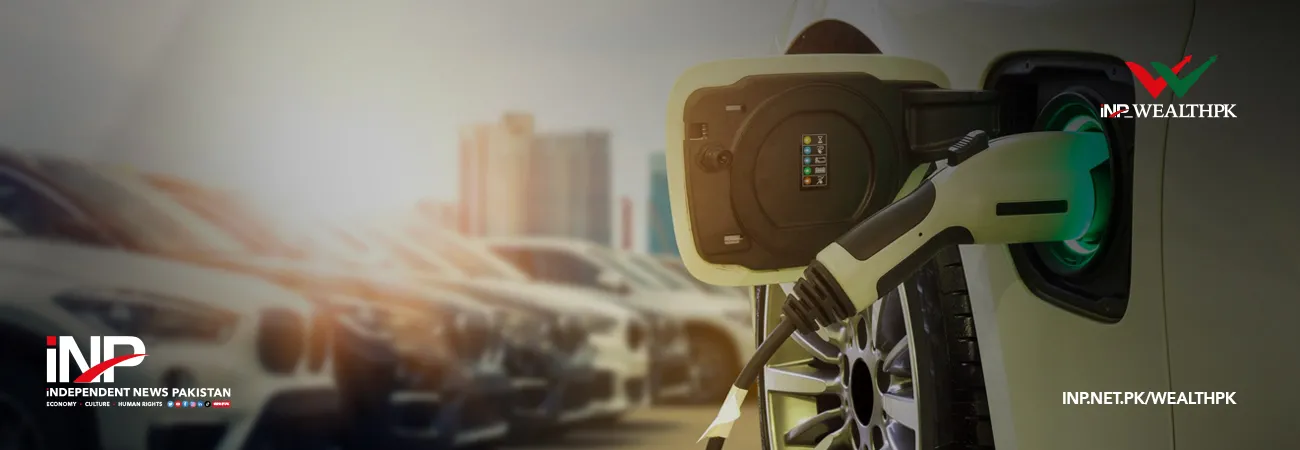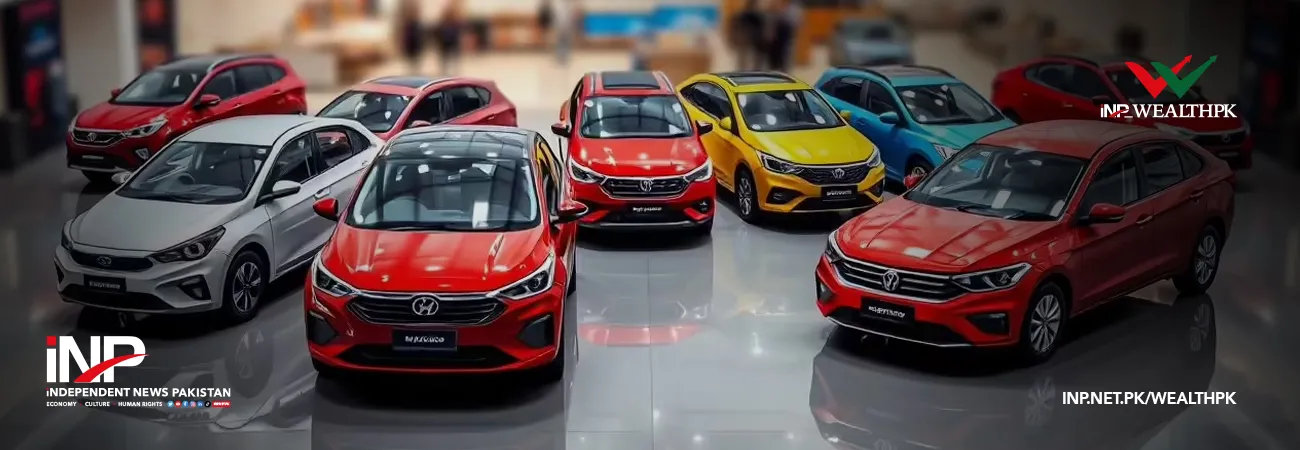INP-WealthPk
Amir Saeed
Pakistan’s National Electric Vehicle (NEV) Policy 2025-2030 aims to reduce energy costs, cut emissions, boost local manufacturing, and promote sustainable transportation through widespread electric vehicle adoption.

Talking to WealthPK, Dr Saiful Mujahid Shah, a development economic researcher, said that the policy aims to cut capacity payments from Rs174 billion to Rs105 billion by shifting vehicle charging to electricity, utilising the country’s current surplus in the national grid.
He pointed out that it also forecasts savings of around Rs800 billion over the next two and a half decades through reduced fuel imports and revenues from carbon credits estimated at Rs15 billion.
“The policy targets 30% of all new vehicle sales to be electric by 2030, which will help reduce carbon emissions by 4.5 million tons annually and lower public health costs by approximately $405 million.”
Shah said the NEV Policy represents a transformative step not only for environmental sustainability but also for Pakistan’s industrial and economic growth. He also pointed out that the policy will foster local manufacturing, create jobs, and promote energy efficiency.
He highlighted that electric two-wheelers and rickshaws offer a quick return on investment, with users able to recover costs in under two years due to the lower cost of electricity compared to petrol.
He also applauded the government’s decision to remove customs duties and sales tax on EV components, a step expected to boost local production, which already accounts for 90% of two-wheeler parts.
According to Shah, this policy is a pivotal move that will modernise the country’s transport sector while supporting climate goals and economic self-reliance.
Talking to WealthPK, Shafqatullah, a senior economic researcher, said that the NEV Policy is an ambitious and well-structured plan that combines fiscal incentives, infrastructure development, and local manufacturing to boost EV adoption.
He stressed the importance of a phased rollout, starting with the development of EV charging infrastructure, followed by expanding local manufacturing capacity and rural adoption, and ultimately achieving widespread availability of affordable EVs by 2040.
He also highlighted the necessity of data-driven planning and integration with renewable energy strategies to maintain grid stability and energy security.
Moreover, he emphasised the need for clear policies on battery recycling to minimise environmental impact and promote a circular economy in the EV sector. He said that the policy’s success hinges on effective implementation and collaboration among all stakeholders.
Credit: INP-WealthPk













